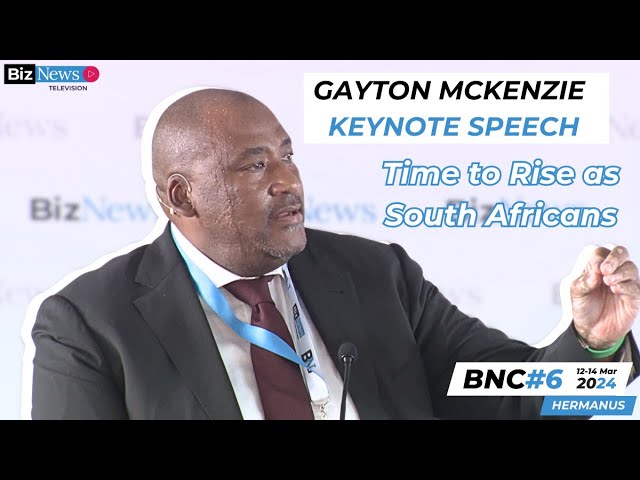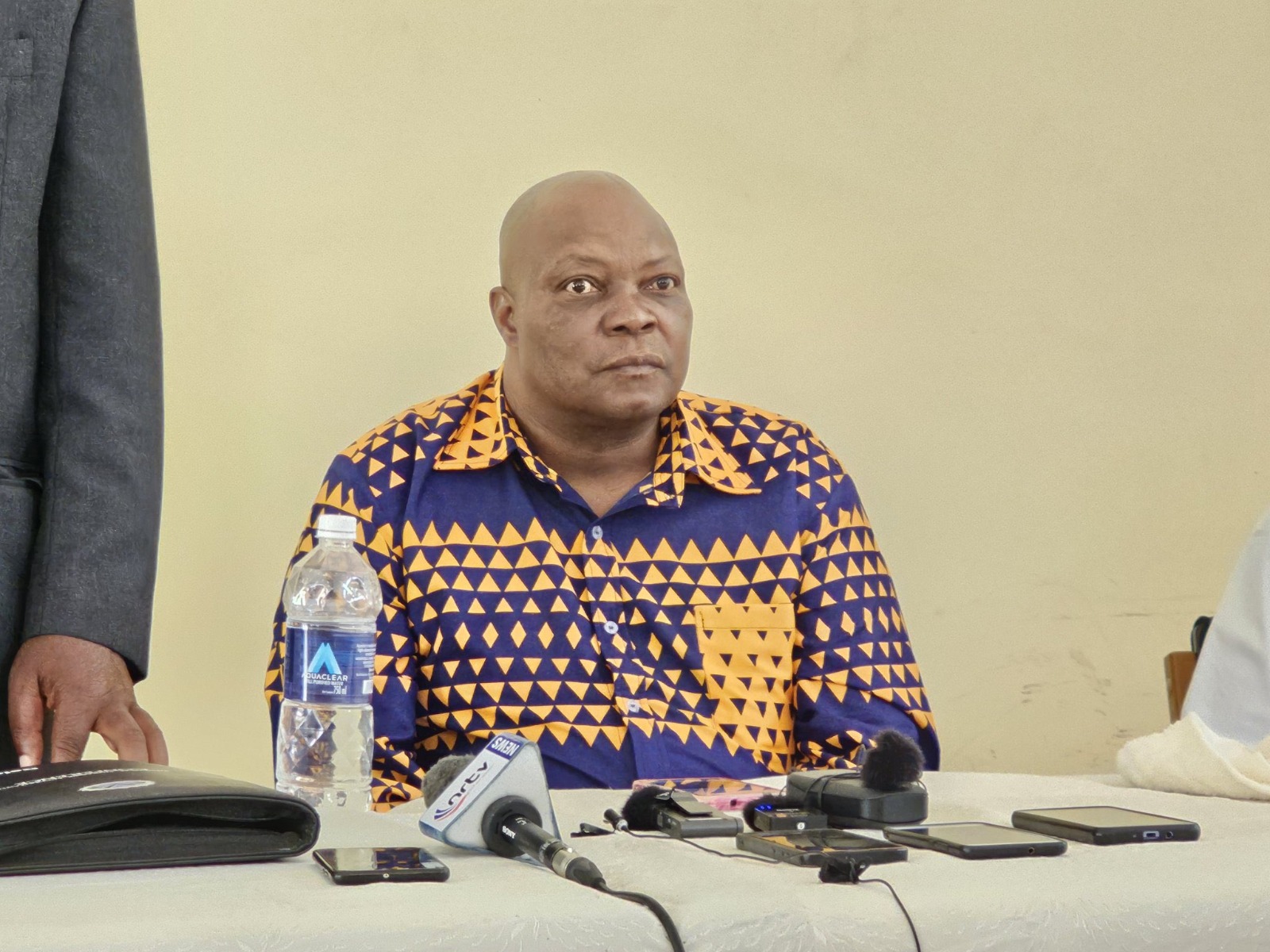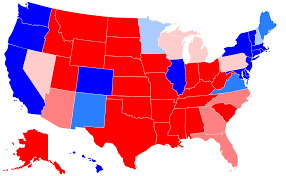Introduction
Gayton McKenzie has emerged as a significant figure in South African politics, capturing the attention of voters and media alike. As the leader of the Patriotic Alliance, he has become a prominent voice in the political landscape, pushing for issues affecting marginalized communities. Understanding McKenzie’s journey and influence is crucial as South Africa prepares for upcoming elections where he aims to reshape the country’s political dynamics.
Political Background and Ascent
Gayton McKenzie, born in 1980, hails from the impoverished community of Mitchells Plain in Cape Town. His early life experiences shaped his views on economic inequality and social justice. He first gained recognition as an entrepreneur and motivational speaker before pivoting towards politics. In 2019, McKenzie founded the Patriotic Alliance, a party focused on addressing issues faced by South Africans, particularly in underprivileged areas.
His charisma and direct approach to politics have resonated with many voters, especially among communities that feel overlooked by traditional political parties. In the most recent local elections, McKenzie’s party made significant inroads, particularly in areas where crime and unemployment are rampant. This traction is indicative of a growing desire for change among the electorate.
Controversies and Challenges
Despite his growing popularity, McKenzie has not been free from controversies. His outspoken comments and unscripted remarks often spark debates about his rhetoric’s political correctness. Furthermore, critics argue that while he raises valid concerns regarding governance, he must also propose sustainable solutions rather than just criticism. Interestingly, McKenzie thrives on such discussions, positioning himself as a disruptor within the political establishment.
The Future of Gayton McKenzie
As South Africa approaches the 2024 general elections, Gayton McKenzie’s role will be pivotal. He aims to galvanize support from disillusioned voters and secure a position for the Patriotic Alliance that allows it to influence national policies significantly. Analysts predict that McKenzie could play a crucial role in a coalition government, particularly if no single party secures a majority. This scenario could lead to his party becoming a kingmaker in the political sphere.
Conclusion
The emergence of Gayton McKenzie in South African politics is representative of the shifting dynamics within the country’s landscape. As he continues to resonate with voters seeking change, his impact could fundamentally alter governance models. Observers of South African politics will be watching closely to see how he navigates the challenges ahead and whether he can capitalize on the growing desire for reform to secure a lasting legacy in the nation’s political history.


